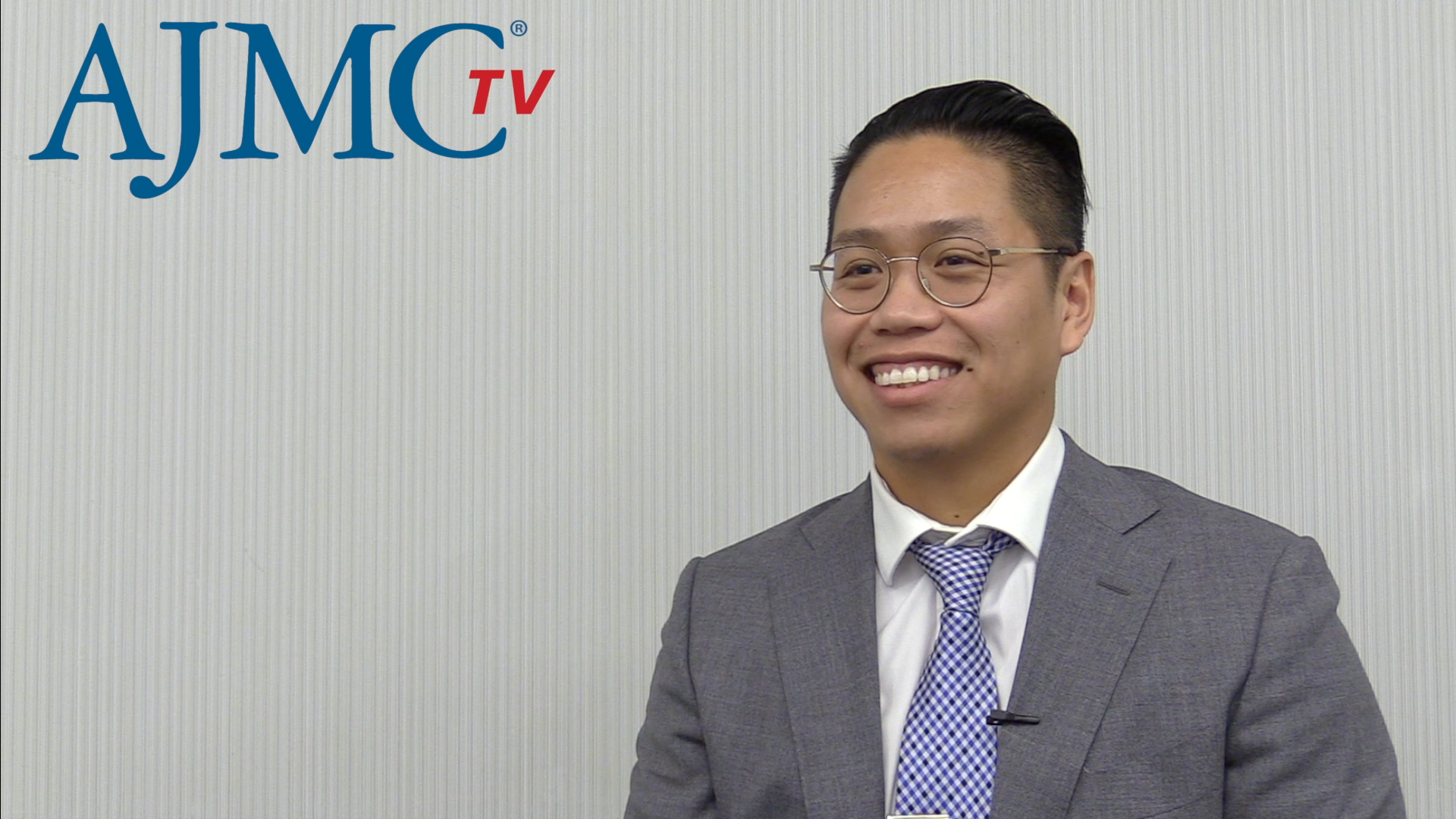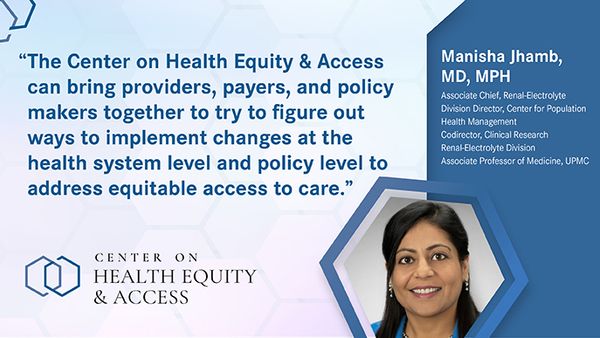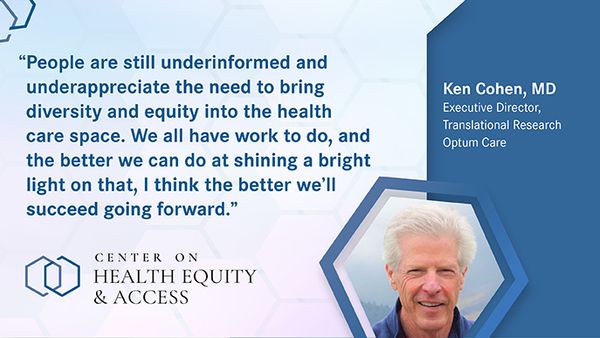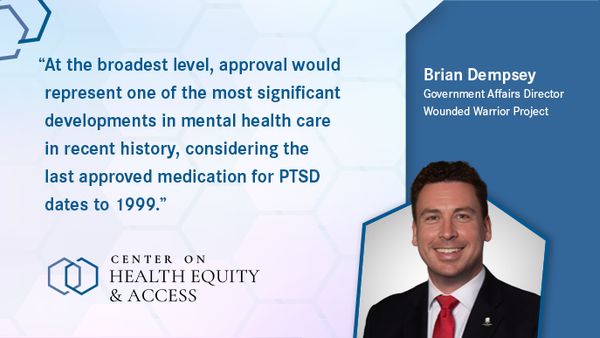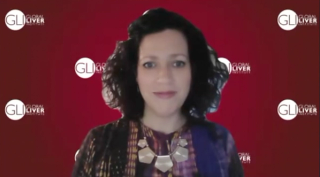
Center on Health Equity & Access
Latest News

Latest Videos
CME Content
More News

Keith Ferdinand, MD, professor of medicine, Gerald S. Berenson Chair in Preventative Cardiology, Tulane University School of Medicine, discusses the interconnected condition of cardiovascular-kidney-metabolic (CKM) syndrome, which includes obesity, diabetes, chronic kidney disease, and cardiovascular disease.

Here are 5 key points on electronic cigarette use that cover industry marketing methods, harmful substances, associated health risks, regulations, and its links to mental health as well as the COVID-19 pandemic.
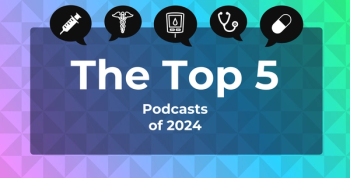
The top 5 podcasts for 2024 cover Medicare Advantage prior authorization, health equity, global immunization challenges, trauma-informed care, and health literacy.

Rachael Drake, pharmacy technician coordinator, University of Kansas Health System, explains how her team collaborates with insurance companies and providers to support treatment access for patients with non-Hodgkin lymphoma.

A panelist discusses how continuous glucose monitoring (CGM) technology can help overcome therapeutic inertia and key barriers to glycemic control in type 2 diabetes (T2D) patients by providing real-time data that enables earlier interventions, supports treatment optimization, and helps managed care organizations justify broader CGM adoption for newly diagnosed patients.

A national survey of Canadian hematologists reveals gaps and variability in supportive care strategies for older adults with myelodysplastic syndromes (MDS) and acute myeloid leukemia (AML), emphasizing the need for evidence-based guidelines.
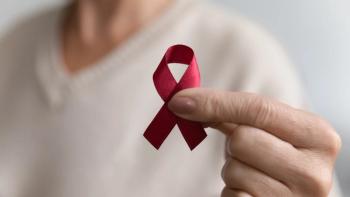
Stigma surrounding HIV can lead to barriers to health care, including refusal to get care, that could help individuals who are living with the condition.
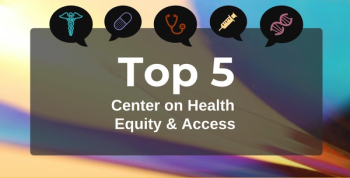
Throughout 2024, the Center on Health Equity & Access explored critical gaps in health care access and innovative efforts to address them.

Three abstracts presented at the 2024 American Society of Hematology annual meeting focused on patient preferences and treatment choices in blood cancers.
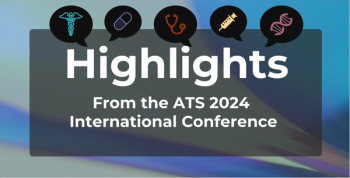
The top 5 most-viewed content from this year's American Thoracic Society (ATS) 2024 International Conference featured an interview with Monica Kraft, MD, ASTF, and coverage of multiple respiratory and pulmonary medicine areas.

In the final part of our interview, Alice W. Lee, PhD, MPH, highlights the importance of addressing ovarian cancer care disparities and beyond by understanding cultural and behavioral factors and adopting a more disaggregated approach to research.

The American Society of Hematology is launching a health equity effort, "Treating Fairly," which was discussed at the quality symposium at the 66th Annual Meeting & Exposition.

Recent analyses spotlight inequities in health care, from the financial burdens faced by employees at small firms due to higher insurance costs to disparities in data and ovarian cancer survival among racial and ethnic groups.

In part 2 of our interview, Alice W. Lee, PhD, MPH, of California State University, Fullerton, examines survival disparities between Hawaiian/Pacific Islander and Asian Indian/Pakistani patients with ovarian cancer and suggests areas for further research.

Robin Glasgow, MBA, executive leadership advisor of Spencer Stuart, discusses the critical role of data in health care, emphasizing the need to address pervasive biases in data collection and algorithms.

A new report from The Commonwealth Fund compares trends in health plan spending and employee costs for 2014 through 2023 between small and large businesses, taking into account plan premiums, employee contributions, and deductibles. It also highlights that although small firms do not even have to offer health benefits, large firms are required to do so by the Affordable Care Act.

Inadequate housing significantly impacts public health, leading to various health issues and increased mortality rates.

A pair of studies presented at the 2024 American Society of Hematology (ASH) Annual Meeting & Exposition highlight continuing gaps in hemophilia care despite the availability of prophylactic therapies.
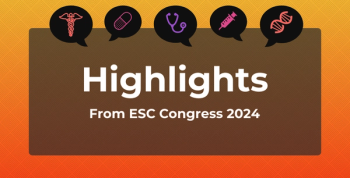
Top coverage from the 2024 European Society of Cardiology (ESC) Congress focused on screening, treatment, and equity in cardiovascular care.
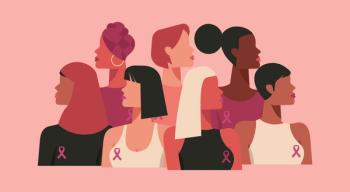
Breast cancer outcomes are significantly impacted by race and immune responses, particularly among Black patients with triple-negative subtypes, emphasizing the need to understand these disparities and develop more effective treatment strategies.

Innovations in rare blood disorders took center stage at the 2024 American Society of Hematology (ASH) Annual Meeting & Exposition, with key research presented on immune thrombocytopenia, hemophilia, and multiple myeloma.

Alice W. Lee, PhD, MPH, of California State University, Fullerton, discusses her study on ovarian cancer survival disparities among disaggregated Asian American subgroups, emphasizing the need for a subgroup-specific approach in cancer research.
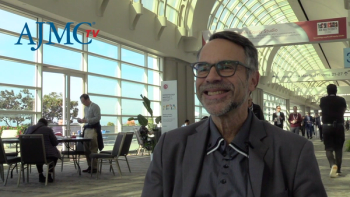
Bispecific antibodies show strong initial uptake in community settings for multiple myeloma treatment, particularly among Black patients compared with clinical trials.
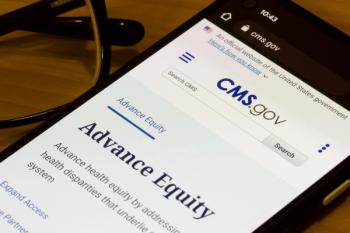

New insights underscore the value of considering sleep variability when addressing inequities in pediatric sleep health.

